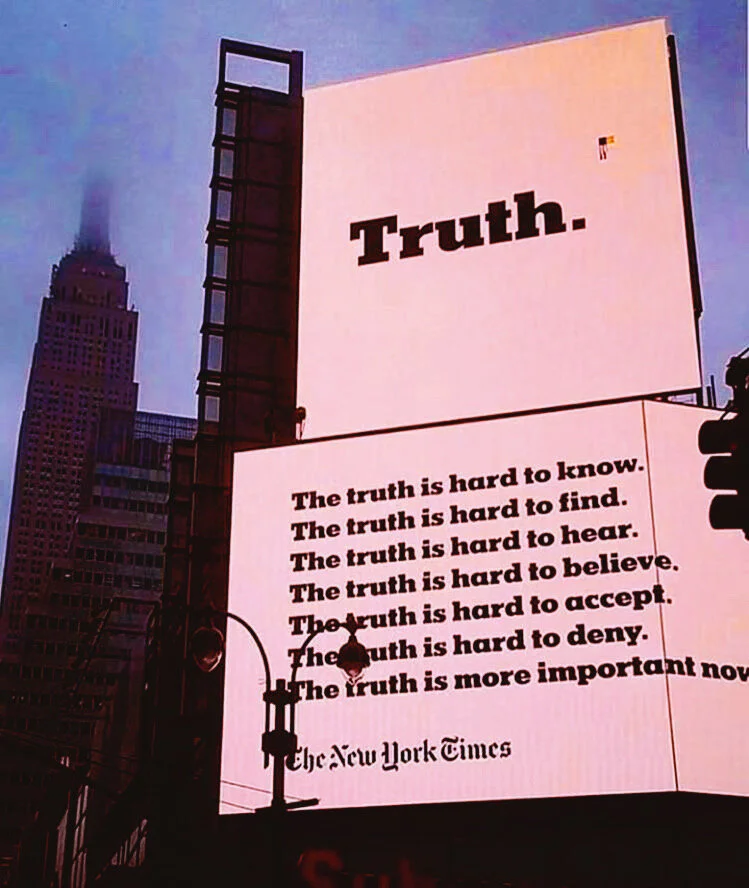Social Media and the Suppression of Free Speech
By Jayme Chandler
Tyranny has a strange way of taking power during times of crisis. Tyranny finds solitude among the distractions of chaos, and there’s a good reason for this. Chaos is a sedative and a distraction; it renders radical action palatable and diverts attention. The riot on Wednesday was shocking and disgraceful. However, as the dust settles, the Left is investing the American people’s justified shock and frustration into political maneuvers that will have long-lasting and outsized ramifications on our political landscape. Facebook, Twitter, Google, and Apple are all in the process of enacting a new wave of censorship that directly threatens the health of our civil discourse and the sanctity of our First Amendment. Targeting everyone from the President himself to the alternative platforms increasingly used by conservatives, big tech has turned a dark and very Orwellian corner.
Big tech’s decision to censor and ban the sitting President of the United States is uncanny and unprecedented. Even on the Right, many argue that as a private company, Twitter has the right to suspend Trump. However, few can justify Trump’s suspension in light of the platforms’ disinterest in censoring dictators across the world. For instance, Iran’s Ayatollah Khameini called for Israel to be “uprooted and destroyed” in May of 2020. Yet, Twitter only censored the tweet. How is antisemitic state-sponsored terrorism not worthy of an account suspension, let alone a ban? Even Vladimir Putin, with his appalling record of domestic human rights abuses, warmongering, and interfering in the American political system, has a verified Twitter. Jack Dorsey and the other big-wigs at big-tech companies shadowban conservatives, yet allow dictators and subversive regimes (looking at you China) around the world to maintain a presence on their platform. It’s a glaring double standard and a massive reason the right has railed for so long about censorship and its flagrantly biased application. However, with Trump out of office in 10 days and Republicans losing the Senate, big tech no longer has to bend to conservative calls for free speech. Instead, it has to bend to Democratic demands for even greater censorship— a role big tech is happy to play.
As conservative advocates for free-market capitalism, the big tech question is a particularly precarious endeavor. On the one hand, Twitter, Google, Facebook, and the rest are private entities we use at-will. Theoretically, the same laws that apply to a store being able to refuse someone service apply to the big-tech companies platforming users. At the same time, big-tech companies have far exceeded the hard and soft power of a normal corporation. Even the robber baron empires of Rockefeller, Carnegie, and Vanderbilt pale compared to the vast internet empires of Zuckerberg, Dorsey, and Bezos. Not only on a pure dollar basis, but in the soft power of molding public opinion and controlling what information Americans, and frankly the world, sees. Our bureaucrats in Washington lack the familiarity to understand these companies’ full power and are blind to the full dangers of big-tech running roughshod over the American people. It may be conservatives today, but the principle mechanism of censorship, if legitimized, could be used on anyone— and that’s something worth fighting against.
Of course, this censorship is inherently draconian, but the unequal and targeted censorship of conservatives is divisive and inflammatory. In theory, censorship is supposed to ensure “radical” ideas stay on the fringe. However, when “radical” is defined with political bias, as it has been by virtually every tech company, what results is a tool for enforcing a particular worldview. This enforcement forces conservatives off of mainstream media platforms, both willingly and unwillingly, and further disassociates an increasingly insoluble political discourse. Apps like Parler and Gab only exist because traditional forms of media unequally crack-down on conservatives and make a mockery of free speech.
The issue with censoring, primarily targeted censoring, is that it pulls Americans apart. It creates parallel media channels that in themselves create parallel Americas. In a time when our economic and educational systems have carved us into two increasingly stratified social and economic classes, the last thing we need is a media that separates our political conscience into two. We can’t even begin the onerous task of bridging the divide without constant contact with those we disagree with. This contact makes us empathetic and more likely to compromise. Censorship makes that contact inherently harder. As much as the writers and editors here at TC don’t enjoy reading and responding to nasty comments, we leave them up because we believe in the principle of free speech. In a world where action dominates principle, when it comes to the rights of man and the rights of thought to live uncorrupted and unobstructed in the minds of an educated populace— principle is everything.
The “unity” and “healing” President-elect Biden is calling for is only possible if the country he leads is on the same page and literally on the same platform. The removal of conservative voices not only creates alternative media spaces that quickly become a self-selecting echo chambers, but the departure of conservative voices makes traditional social media platforms even more potent echo chambers themselves. If we want to move forward, we must do so uncensored and unabashed about our political and social beliefs. The great political cliche “we are all Americans” is more than political fodder. It’s an age-old truth that binds our country and reminds us that the suffering of some Americans is the suffering of all Americans. Censorship doesn’t harm conservatives— it harms America and the very system it tries to protect.
Photo via Pinterest


